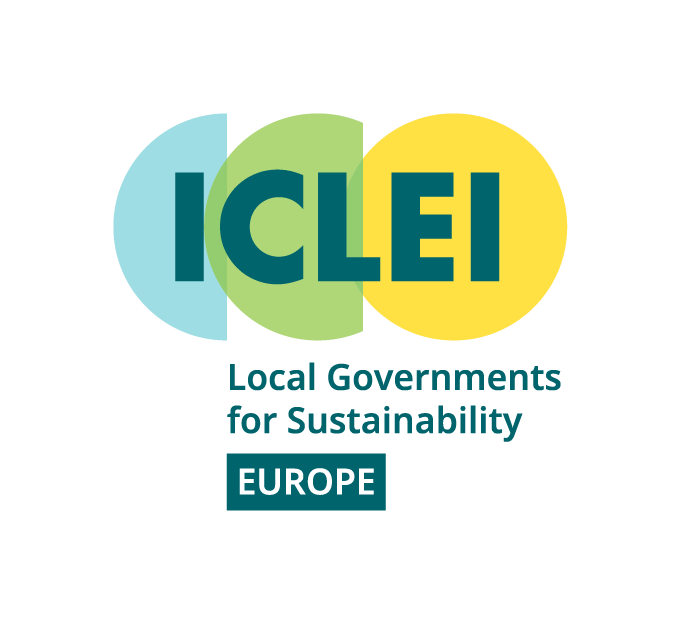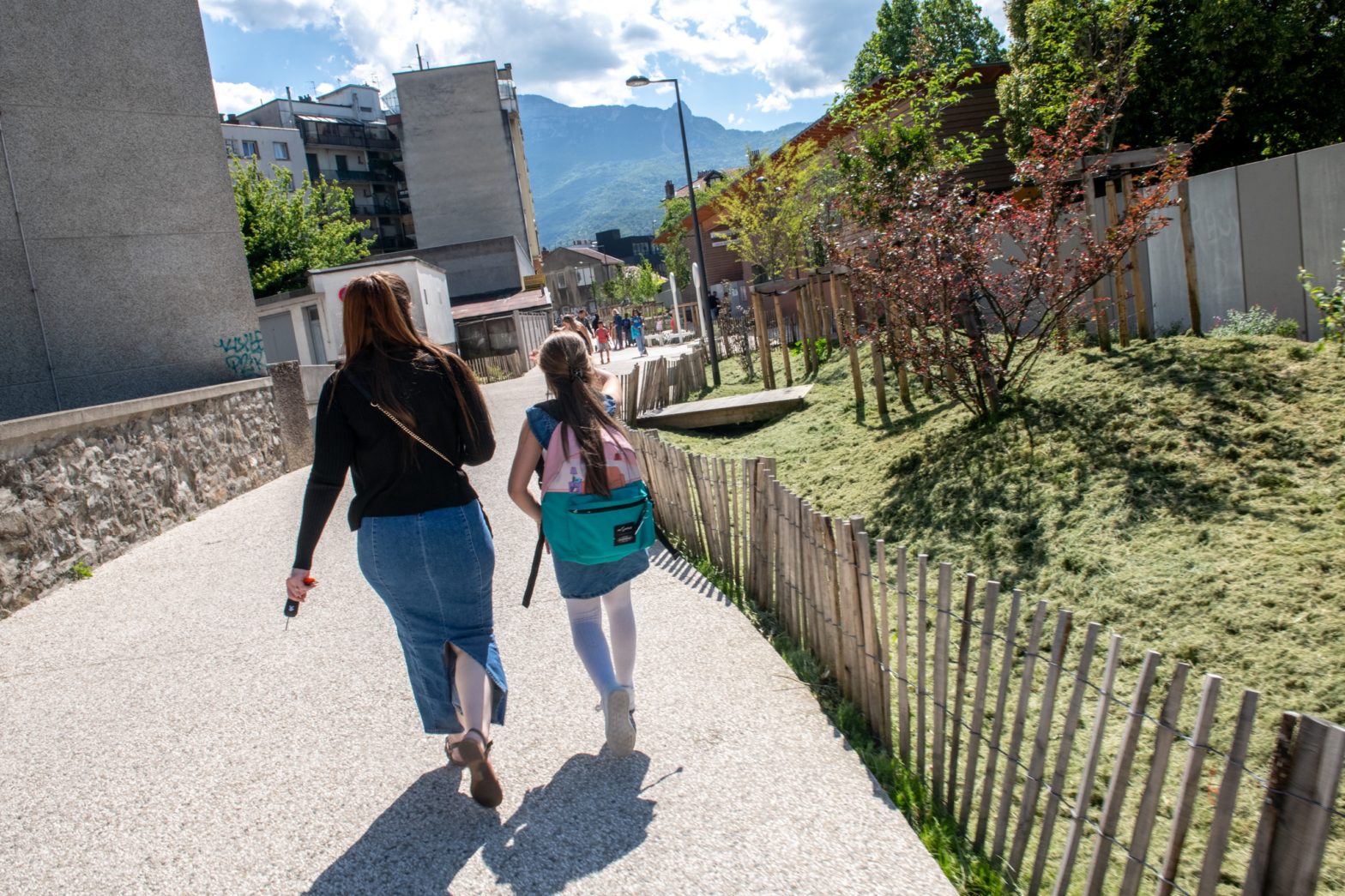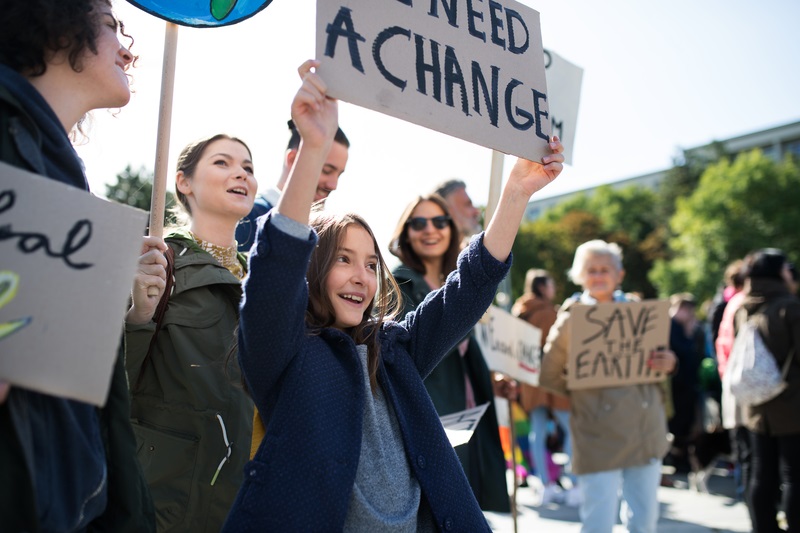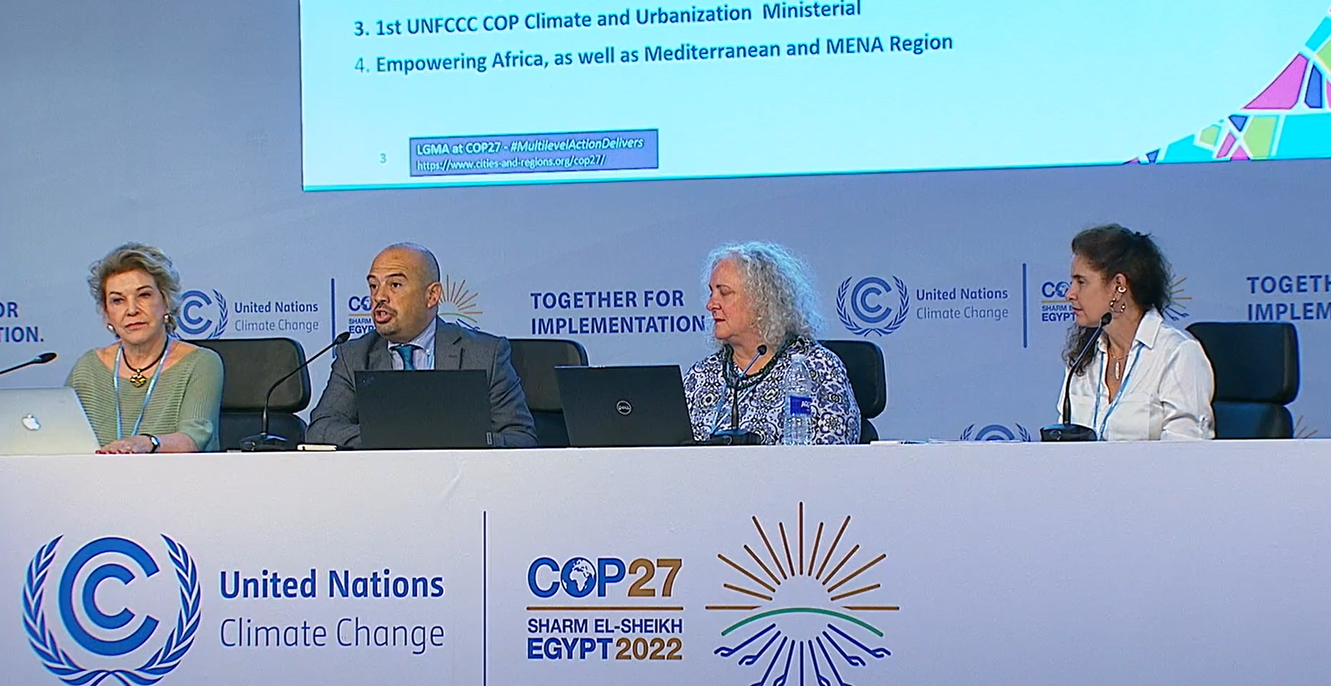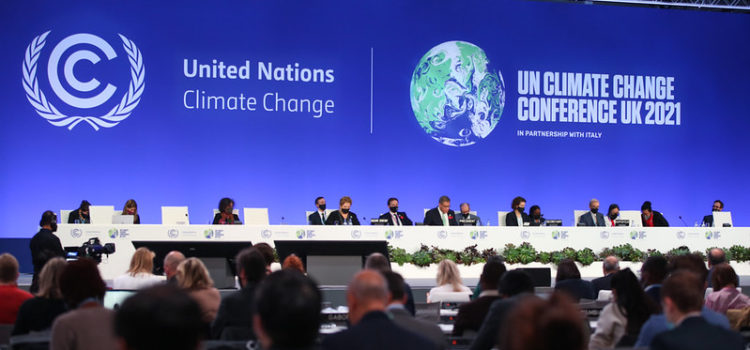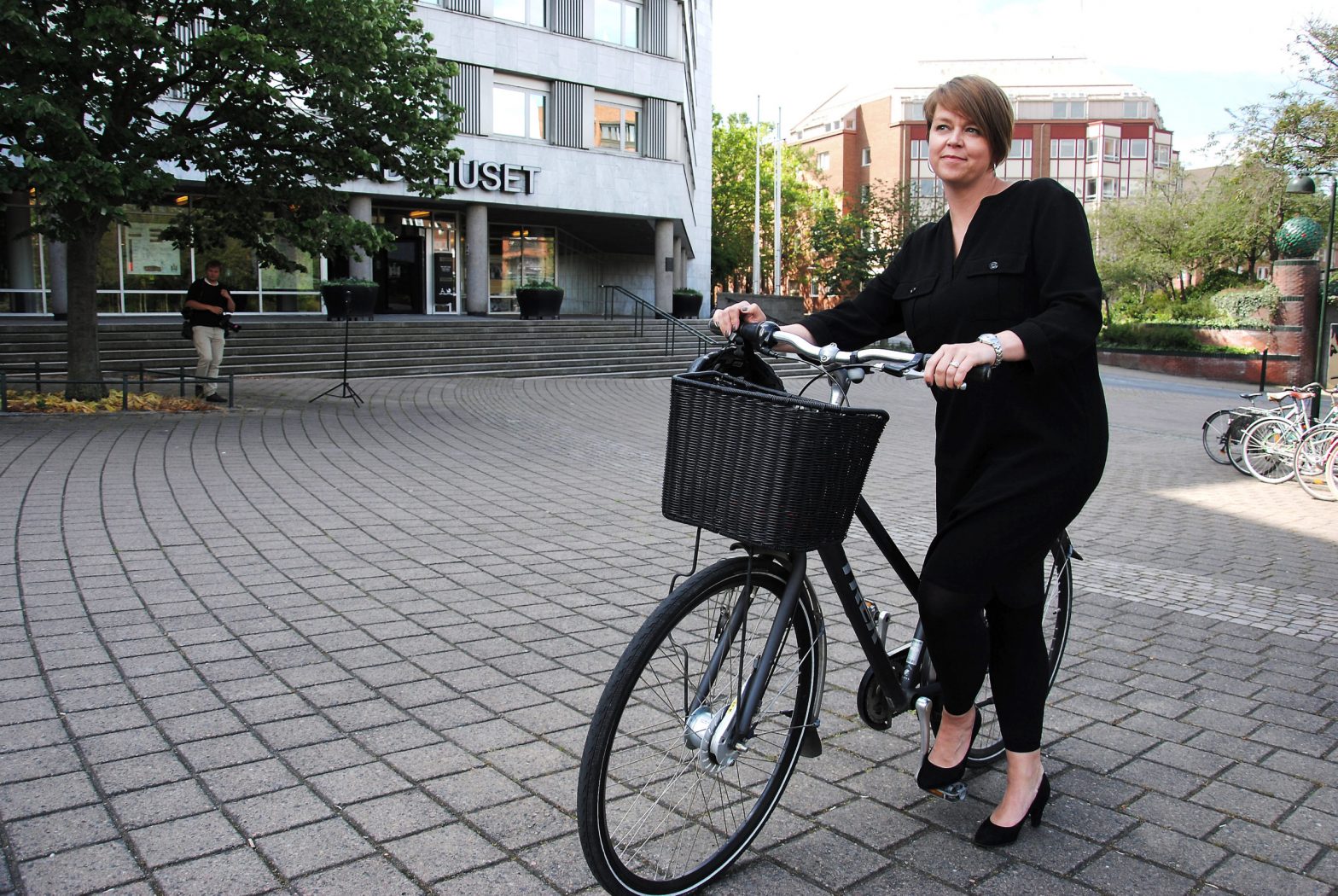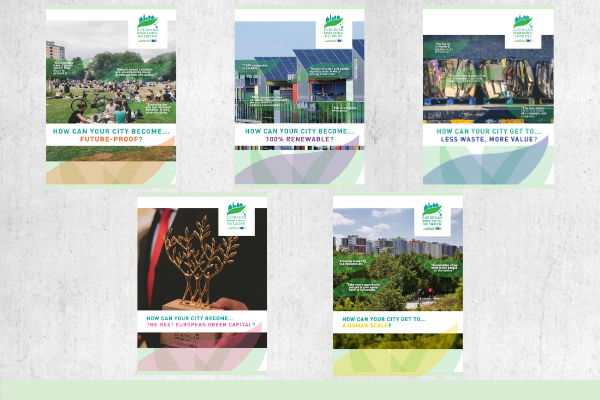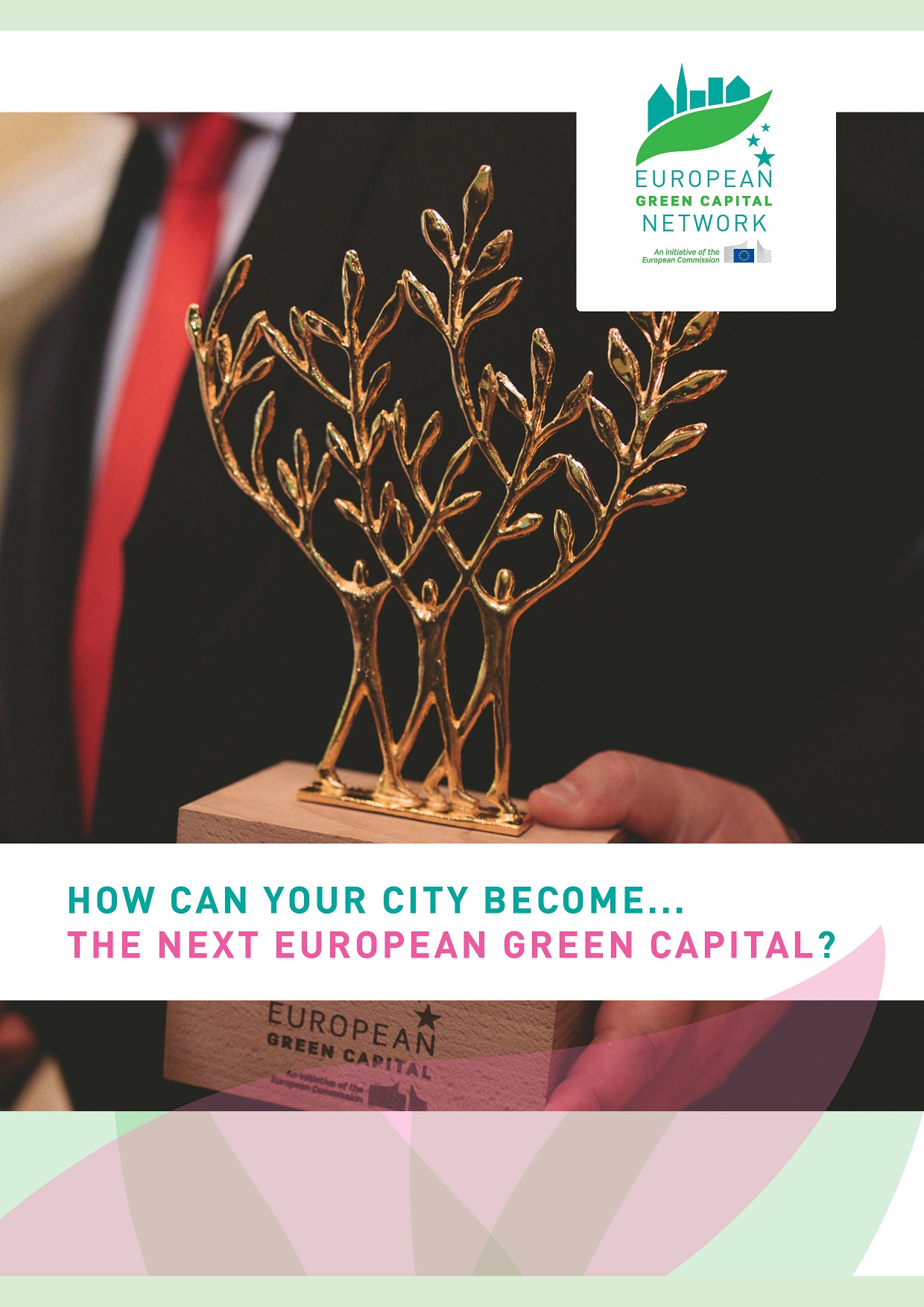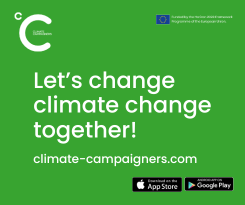
Photo: Salamanca
Public procurement can produce social benefits
01 February 2021
Public authorities use public funds when procuring goods, works and services. The EU has created a well-regulated public procurement market founded on the core principles of transparency, equality and open competition to ensure that these funds are not misspent and that tenders are fair. Socially Responsible Public Procurement (SRPP) aims to go one step further and to address the impact on society of the purchases made by the public sector. SRPP is about implementing social considerations in public contracts to achieve positive social outcomes.
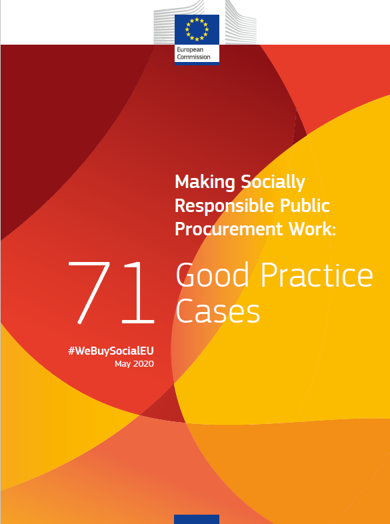 In September, the European Commission published the report Making socially responsible public procurement work: 71 good practice cases, The 71 cases included in the report make the potential of SRPP visible, showing how procurement can affect the broader market. By promoting employment opportunities, decent work, social inclusion, accessibility, design for all, ethical trade, and compliance with social and environmental standards, public buyers can increase demand for “socially responsible” goods, works and services. Public procurers can be especially impactful in sectors where they command a large share of the market, such as construction, healthcare and transport. As public procurers spend around 14 percent of the EU’s gross domestic product, their power does not stop there. The EC report also contains cases relating to cleaning and facility management, food/catering services, furniture, gardening services, social services, ICT and textiles.
In September, the European Commission published the report Making socially responsible public procurement work: 71 good practice cases, The 71 cases included in the report make the potential of SRPP visible, showing how procurement can affect the broader market. By promoting employment opportunities, decent work, social inclusion, accessibility, design for all, ethical trade, and compliance with social and environmental standards, public buyers can increase demand for “socially responsible” goods, works and services. Public procurers can be especially impactful in sectors where they command a large share of the market, such as construction, healthcare and transport. As public procurers spend around 14 percent of the EU’s gross domestic product, their power does not stop there. The EC report also contains cases relating to cleaning and facility management, food/catering services, furniture, gardening services, social services, ICT and textiles.
The report is more than just a showcase for the progress made by SRPP. By demonstrating correct bidding procedures and effective policies, it is also a useful guide for procurers and operators in Europe’s social economy, aiming to stimulate replication across the continent. Despite its increased momentum. SRPP still poses many challenges. Procurers sometimes lack high-level support for SRPP due to concerns about the resources required, or legal challenges (the 2014 EU Public Procurement Directives have made it clear that social aspects can be taken into account throughout the procurement cycle).
Risks and opportunities
Furthermore, when procurers introduce SRPP considerations, they need to have a good understanding of where the main social risks and opportunities are, and how these can best be targeted through their procurement. That demands strong knowledge of the market, suppliers’ business models and supply chains. The report shows that market consultations can be a useful tool to obtain that knowledge.
SRPP is not only a challenge for procurers. Suppliers familiar with writing bids for traditional tenders sometimes find it hard to incorporate a social dimension in their bids. Moreover, social enterprises are still sometimes reluctant to sign up for a tender, believing they are at a disadvantage to large for-profit companies. However, there are several SRPP practices which can make it easier for social enterprises to win contracts. Procurers can, for example, employ selection criteria/reserved tenders that befit the work or organisational structure of social enterprises. This makes it easier and more attractive for these organisations to compete for tenders and gives them a higher likelihood of winning the tender.
Salamanca has used such a reserved tender to award a contract for maintaining the green areas of the city to a Work Integration Social Enterprise (WISE). WISEs are not-for-profit operators, focusing on local development and care for the environment, whose main objective is the labor integration of people in a situation of social exclusion. As such, reserved tenders for WISEs are a valuable tool to protect vulnerable people and the environment. This is also an example of how SRPP could evolve. The European Commission has until recently seen Socially Responsible Public Procurement and Green Public Procurement (GPP) as two separate strands of sustainable procurement, In the future it aims to encourage public authorities to integrate social and green aspects equally in their procurement. The EC report could help guide them in that direction.


